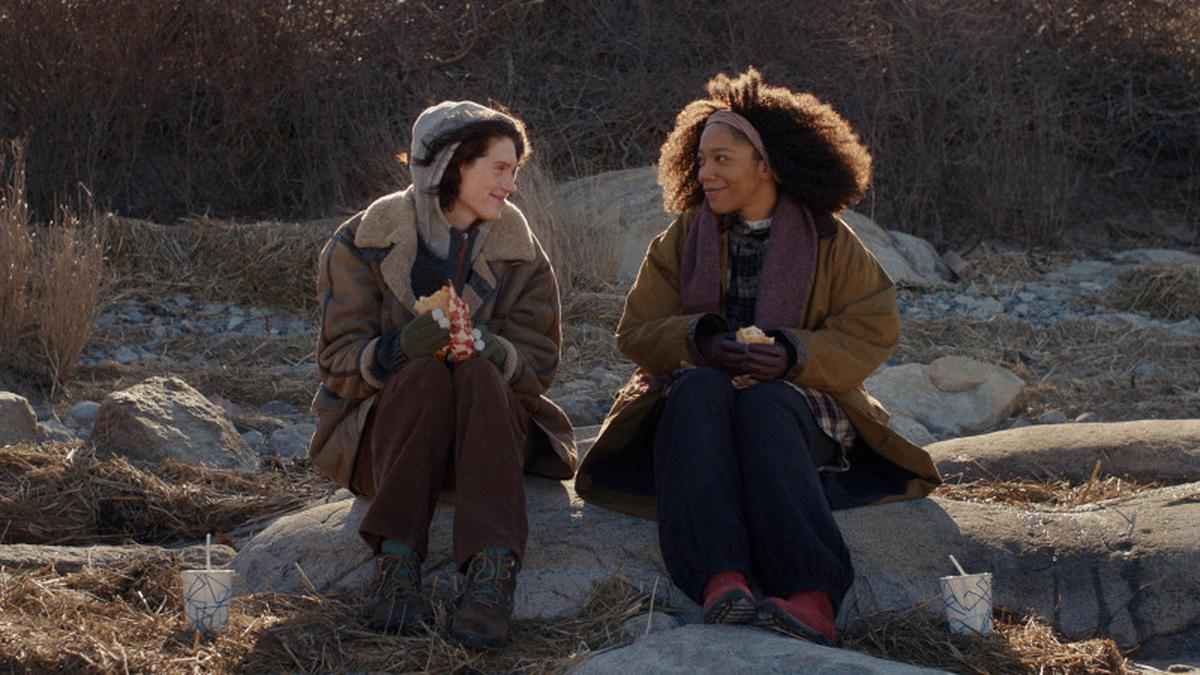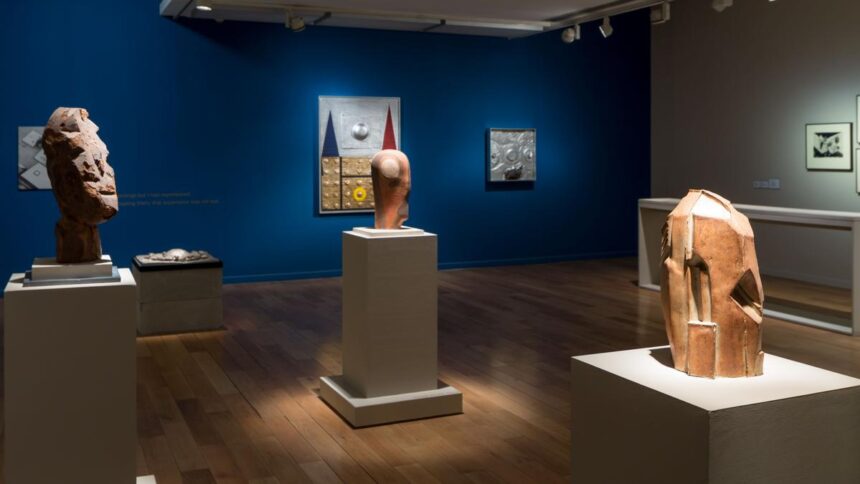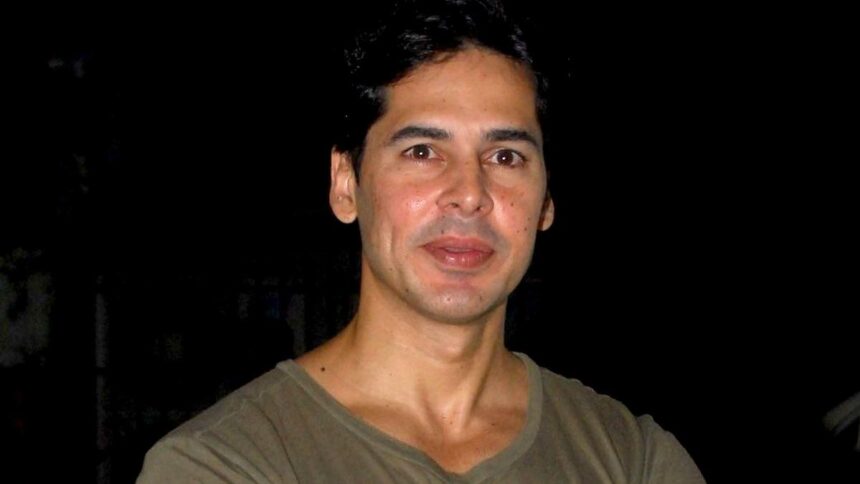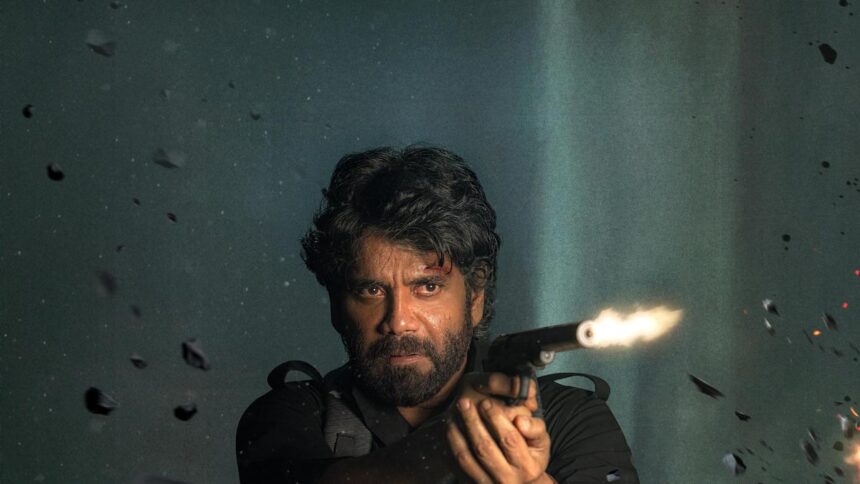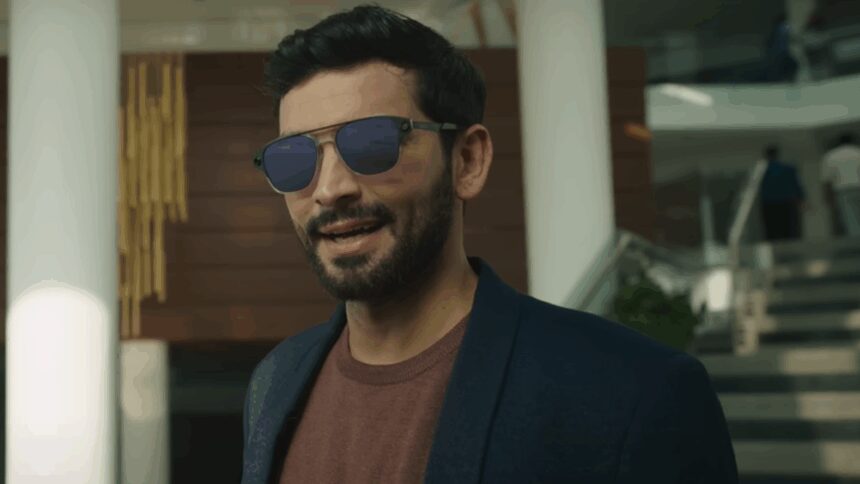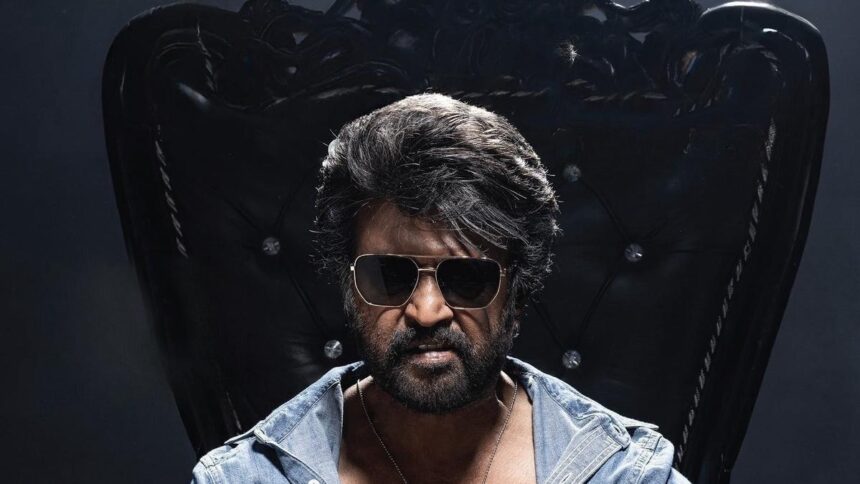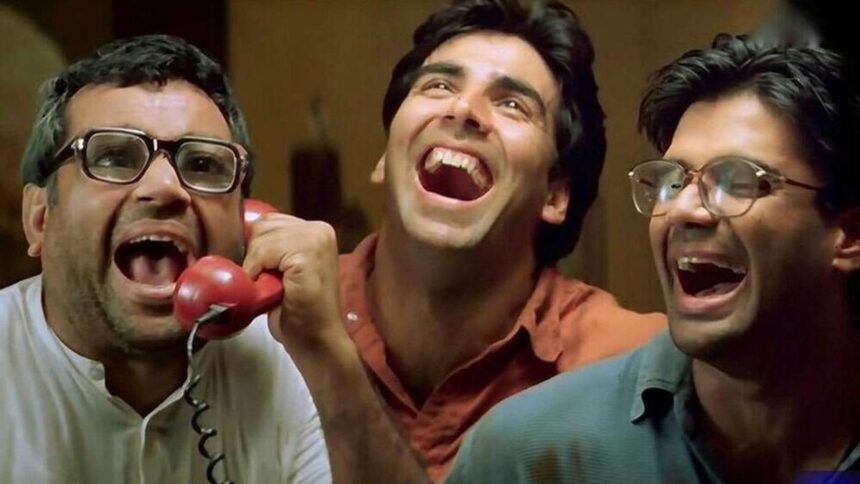Something bad has happened to Agnes. We know this almost immediately in Eva Victor’s devastating debut feature, in which she also plays the lead role. We don’t see it happen, and the film doesn’t seem concerned with suspense. The damage is already done, and the question now is how a life folds around it.
Set across five chapters, told out of order, Sorry, Baby traces the long arc of impact without resorting to dramatic flourishes. Agnes is a literature professor at a small New England college, the same one where she went to graduate school. She lives alone in the house she once shared with her best friend Lydie (Naomi Ackie), who returns for a visit after some time away. Lydie has moved on, more or less. She is married, pregnant, and living in the city. Agnes has stayed behind, teaching in the same department, occupying the same rooms, and carrying something inexplicably heavy. But lest anyone be concerned, she assures us that she won’t be killing herself anytime soon.

Sorry, Baby (English)
Director: Eva Victor
Cast: Eva Victor, Naomi Ackie, Louis Cancelmi, John Carroll Lynch.
Runtime: 104 minutes
Storyline: Something bad happened to Agnes. But life goes on – for everyone around her, at least
Victor handles this morbid sense of humour with a comical diffidence. Nothing in Sorry, Baby is overstated. The film is exact in how it builds Agnes’s world, through offhand jokes, old routines, and the way conversations stop just short of saying too much. Agnes and Lydie fall back into their rhythm with ease, but something hovers. There’s affection, but also distance. Agnes is not the same person Lydie left.
The chapters move back and forth in time. In one, we see Agnes and Lydie as students, trading barbs in their cluttered kitchen. In another, Agnes is in her current role, fielding awkward flirtations from her neighbour (Lucas Hedges) and managing an antagonistic relationship with a colleague. The tone shifts as the timeline does, but the film never loses its footing. Even when it moves into the darker material, with the chapter where the assault takes place, it resists the urge to escalate. Victor films the incident obliquely, from outside a house, over the course of the day, and its silence is deafening.
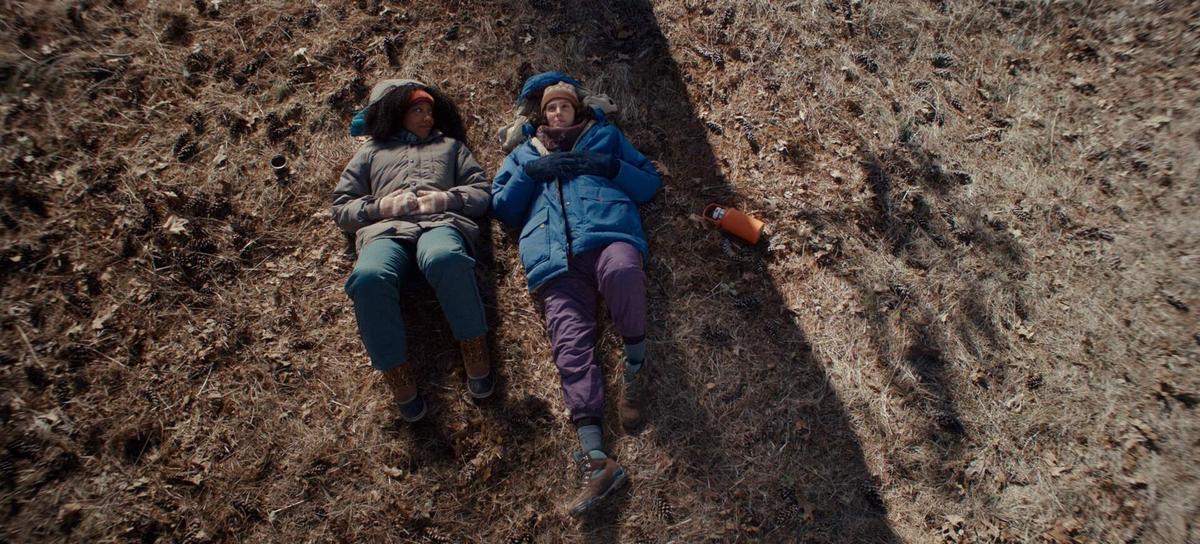
A still from ‘Sorry, Baby’
| Photo Credit:
A24
The assault is committed by a professor, Preston (Louis Cancelmi), who praises Agnes’s writing with a troubling kind of enthusiasm. The grooming is subtle, and the power dynamic is unmistakable. The next time he’s mentioned, he’s just gone, with no consequences. Agnes is left with the work of going on.

And she does. She teaches, she tries to date, she talks to Lydie on the phone. She deals with a frustratingly indifferent doctor, with an administration that responds to her report with flat empathy. (“We are women,” one says, as if that ought to cover it.) There is pain, but there is also persistent absurdity in jury duty, roadside sandwiches, and a stray kitten that seems to arrive out of nowhere and stay. Victor’s humour is structural and never on the defensive. Her background in comedy shows, but so does her understanding that pain often heightens wit.
Victor’s reading of survival also resists the neatness that often flattens stories of assault into cautionary tales or narratives of triumph over trauma. She is especially attuned to the small, unremarkable moments where trauma shows itself, like when a word lands wrong and catches Agnes off guard, or when she rushes to bolt the door late at night. Agnes doesn’t become a different person, nor is she returned to the one she was before. She is altered, but not undone.
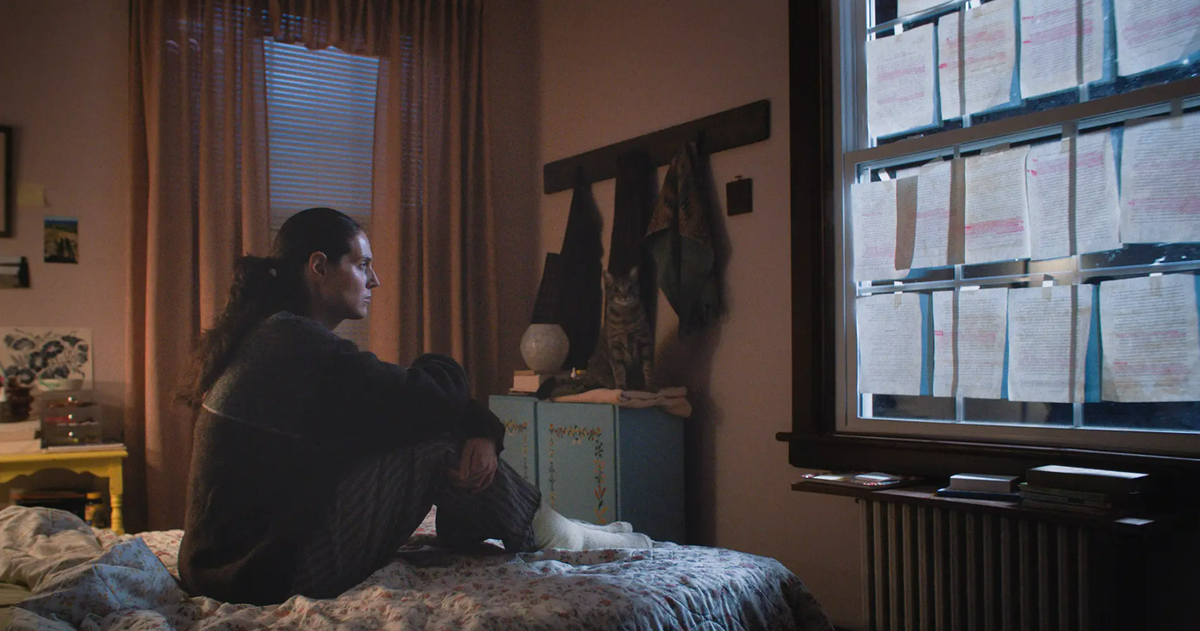
A still from ‘Sorry, Baby’
| Photo Credit:
A24
What keeps Sorry, Baby from slipping into any formulaic templates is how carefully it tracks the passage of time. We witness Agnes navigating the long, uneven process of building something that resembles stability. That she remains in the town, at the college, in the same house, isn’t a failure to move on, but a complicated kind of endurance. Victor, here, suggests that sometimes staying put is a form of resistance too.
As Lydie, Naomi Ackie brings an understated warmth to the film. Their scenes together, particularly in the early moments of the reunion, are some of the strongest. There’s a lightness between them that comes from years of shared shorthand, but also a subtle negotiation of what hasn’t been said. Agnes needs Lydie more than she lets on, and Lydie, in turn, isn’t always sure how to show up. That Victor allows for these tensions without forcing resolution is part of what makes it so persuasive.

Sorry, Baby doesn’t offer catharsis, or clarity, or closure. It offers a more honest recognition that people don’t always recover in ways that are easy to follow, and just keep going. Victor’s writing is patient, and her direction is confident in its stillness. Her film is about the aftermath, but it’s also about the smaller dailiness of keeping yourself upright when no one’s watching.
There’s grace in how Sorry, Baby refuses to shape itself into something more dramatic or satisfying than it is, and Victor trusts the rhythm of real time. Something bad happened to Agnes, and she’s still here. That’s the story, and it’s beautifully told.
Sorry, Baby is currently running in theatres
Published – August 08, 2025 11:09 am IST








